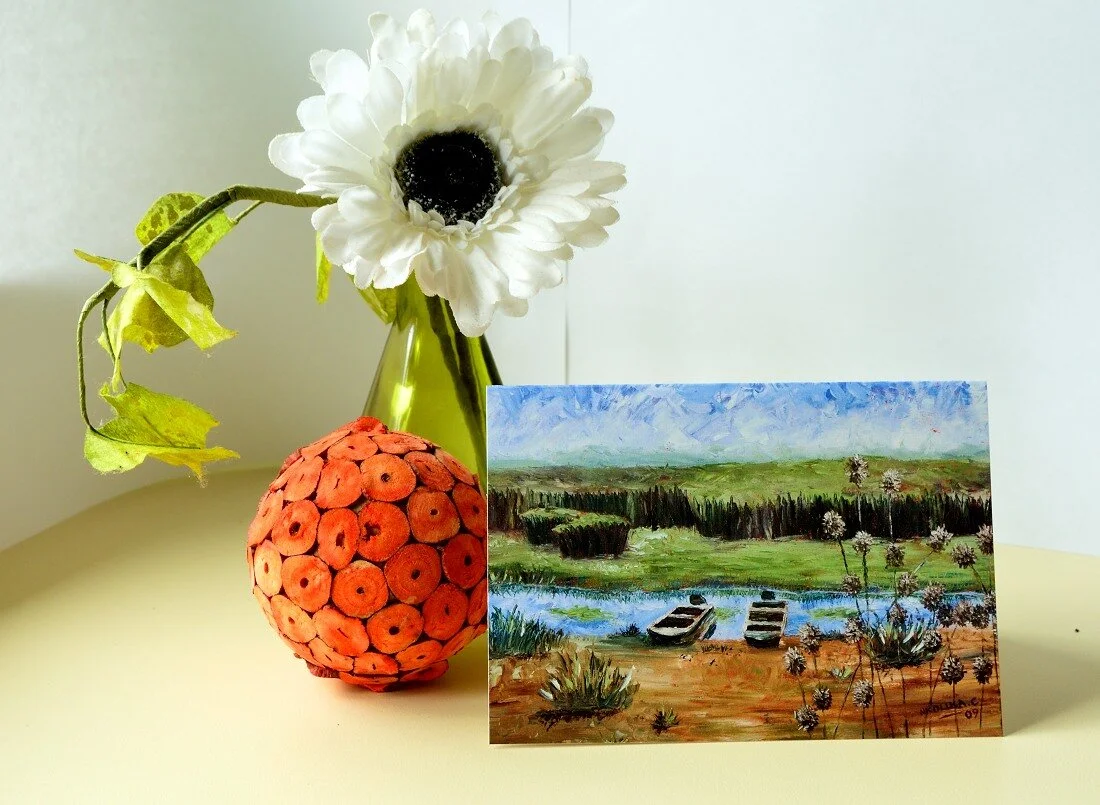Cancer Series for the Igbo Community in Dorset
I found it alarming when I learned of the increasing risk of certain cancers in the BAME (Black and Ethnic minority) groups in the UK.
I had always known Prostate cancer was more prevalent amongst Black men, but I thought this was common knowledge, unfortunately, research done by Macmillian Cancer Support has shown otherwise.
It reports that awareness of cancer signs is lower in those who are male, younger, and from BAME (Black and Ethnic minority) or low socioeconomic groups.
The report also states 4 in 5 people (85%) are affected financially by a cancer diagnosis.
Data from a another report published by Cancer Research UK and the National Cancer Intelligence Network showed:
1 in 2 people will get cancer in their lifetime.
Blacks have the highest death rate and shortest survival of any racial/ethnic group in the US (and the UK) for most cancers.
Black and Asian females aged 65 years and over are at higher risk of cervical cancer compared to white females in England.
Uptake of Cancer screening invitations is generally lower in people from BAME groups than people from the White population.
4 in 5 (83%) people are affected financially by a cancer diagnosis. The effects are starker in people from BAME communities because there tend to be higher levels of poverty among these groups.
Black and Asian women are between 80 % and 60% less likely to get lung cancer than white females in England.
Black men are 3x (three times) more likely to have Prostate cancer compared to White men.

As a member of a small but thriving Igbo community in Dorset, I have volunteered my time to hopefully make a valuable contribution towards tackling the issues highlighted in these studies which found awareness and help-seeking behaviour to be low across all minority ethnic groups, with the lowest awareness in the Black African group.
They found that 40% of respondents had difficulty making an appointment (presumably with their GP!).
I aim to run a series of webinars focusing on the following:
What Cancer is.
Discussion about the Common Cancers.
Cancer signs and symptoms.
How is cancer diagnosed?
UK Cancer Screening Programs.
Role of your GP.
How to make a GP appointment.
Discussion about the common myths about cancer.
Can cancer be prevented?
Where to find help / support.
These are small steps and I am hopeful it would make a difference in the lives of the members of my community. They have a genuine interest in learning about their health and are keen to find ways of improving not only their health but that of their families as well.


























